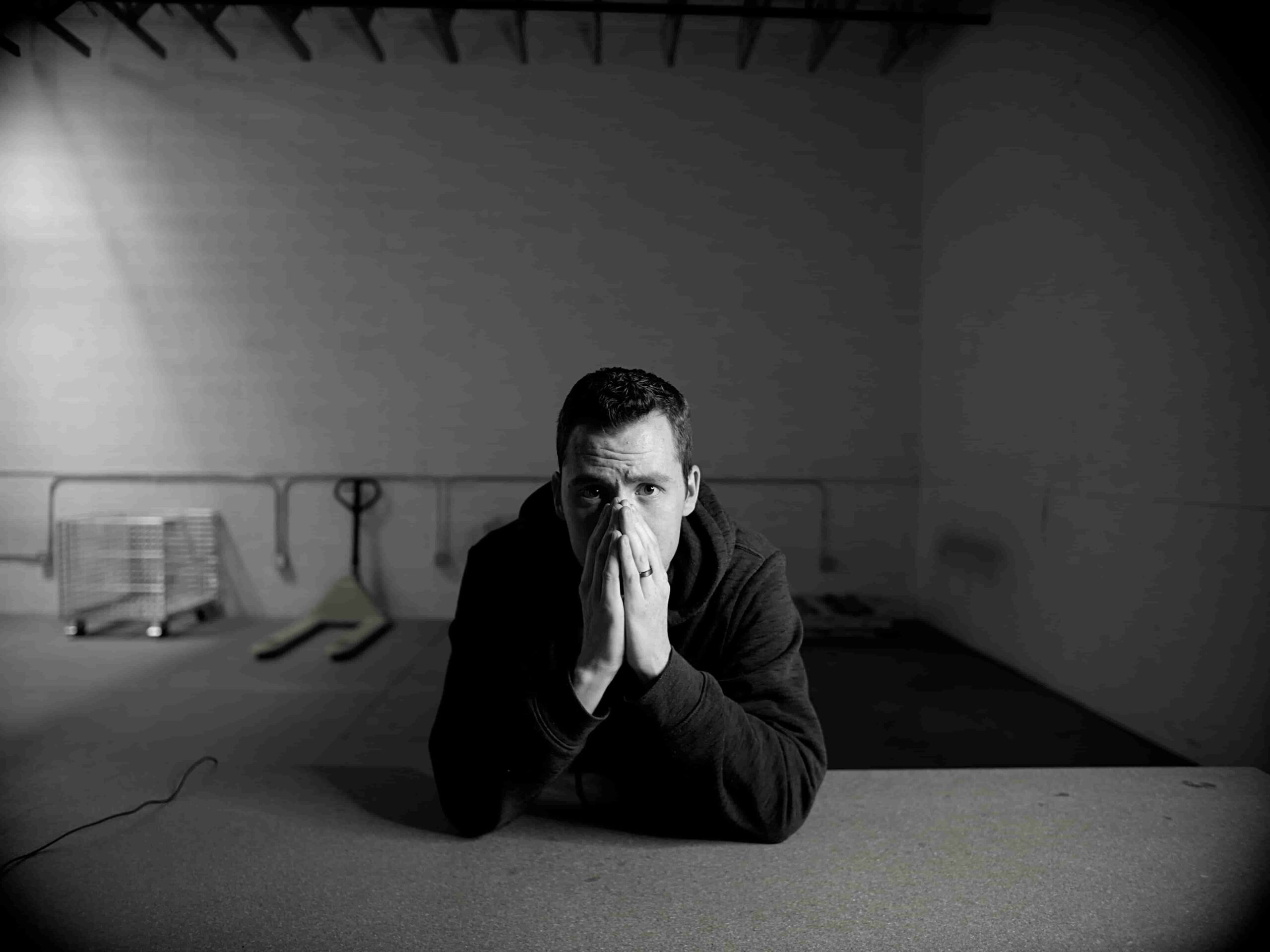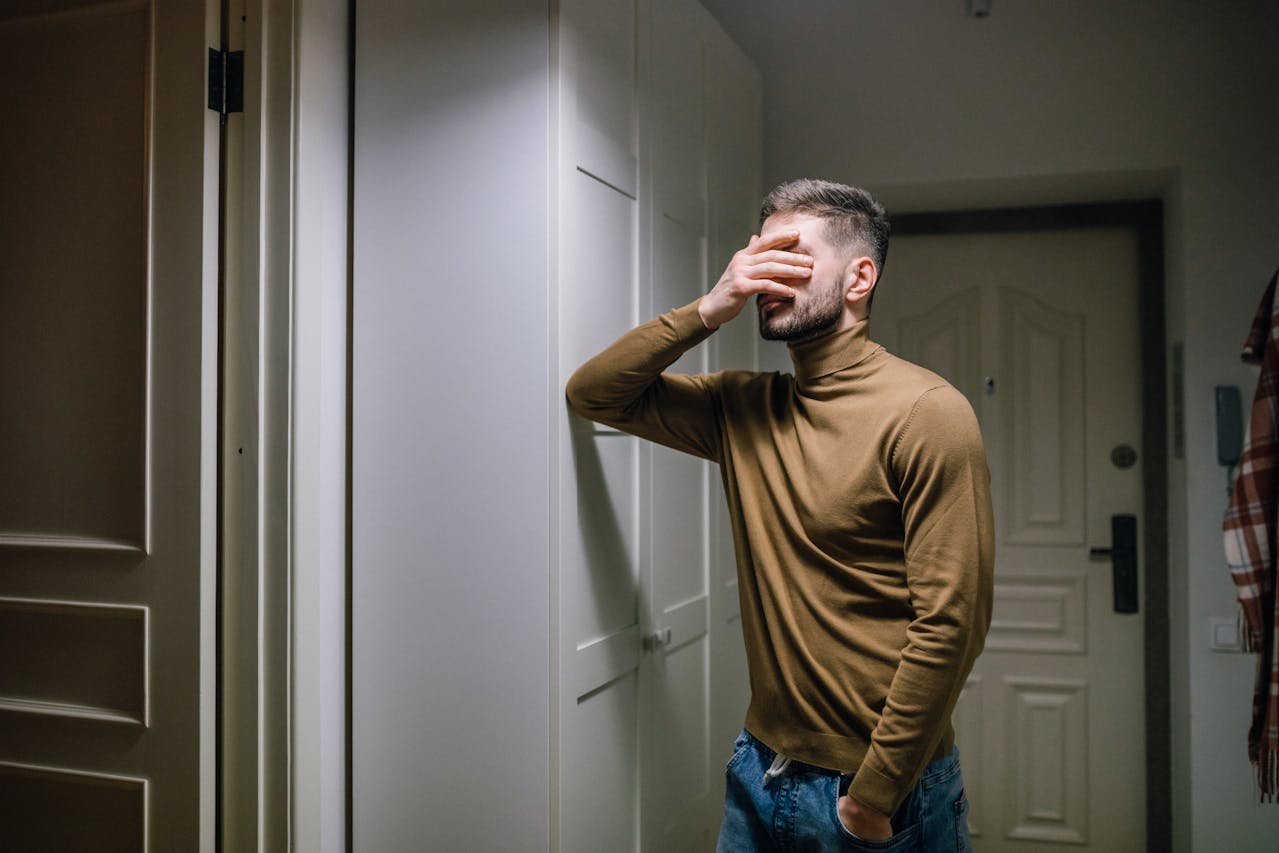You’ve decided to get help and get anxiety treatment.
That’s great!
Anxiety Treatment- It’ll Help You With Reducing Anxiety Symptoms and Improving the Quality of Your Life.
However, there are several components that are essential for treating anxiety, and reducing anxiety symptoms, that often are ignored. Not addressing these issues actually makes it more difficult for you to receive treatment and to find relief from anxiety.
By educating yourself about these components, you can make sure that you cover “all your bases.”
1. How Anxiety Works in Your Brain and Nervous System
One issue that is often ignored with anxiety treatment is understanding what anxiety does in connection with your brain and nervous system.
Anxiety taps into primal emotions that we all have, especially fear. Despite common belief, fear is really a useful emotion to have. It warns us when we are in danger and helps us stay safe.
During prehistoric times, this was very important to survival. Yet, in the modern world, anxiety hijacks that part of the brain to make you believe you are unsafe when in reality you are perfectly fine. This ranges from having a fear of flying to believing you will get sick from germs.
2. The Fight, Flight, and Freeze Responses
Because anxiety is rooted in fear, your mind has three options when it becomes triggered by anxiety—fight, flight, or freeze.
For example:
- Fight: Wanting to push back against whatever is the source of the fear.
- Flight: Creating distance from the source of the fear, even running away.
- Freeze: Remaining in one spot and not being able to move because of fear.
These are powerful responses, and they exist for a reason. Your brain wants to tell your body what to do to deal with the fear (or in this case, anxiety).
However, in the moment of fear, your brain can’t handle a complex solution. Instead, it keeps things simple and gives you three options to work with. While this may make it simpler to choose, in complex social situations, these options don’t really work and only cause you more difficulty, not relief.
3. Habituation and Exposure
Another issue to consider when dealing with anxiety is habituation and how it works. Habituation means becoming used to using soothing methods to deal with your anxiety. It’s a fundamental principle in effective anxiety treatment.
For instance, you believe that you get dirty from touching an object, so you wash your hands. Or you believe you need to repeat a phrase or prayer to prevent the airplane from crashing.
The longer you repeat these habits, the more entrenched they become for you. And breaking them gets harder over time, as you get so used to these coping method that you don’t even think twice about them.
4. The Differences Between Worry and Anxiety Symptoms
It’s easy to get confused between what’s simply worrying and actual physical anxiety symptoms.
For example, you might be worried about making it to work on time or you’re concerned about the health of a friend. But physical anxiety symptoms are different in that they last much longer and really interfere with your life.
To illustrate: If you have a fear of flying, you might get nauseous when boarding a plane. This is not a typical reaction, since, logically, you know that flying is a perfectly safe experience. It is a physical manifestation of your anxiety.
5. Practicing Skills to Change Brain Habits
Finally, an often ignored component of anxiety treatment is developing and practicing the skills you need to adequately cope with anxiety.
It’s easy to sit in a session with your therapist and agree that you have to change your behavior. It’s another thing altogether to actually practice those skills in real life. But following through and practicing is necessary to rewire your brain not to become anxious.
—
Anxiety Treatment Is Essential For Recovery
Even though anxiety is a very common mental health problem, there are components that are still ignored for one reason or another. When you educate yourself and have the full picture of anxiety, you will be better prepared to make the best out of your anxiety treatment. But if you really want to get better, the best thing you can do is work get anxiety treatment from a good anxiety therapist.
If you would like to learn more about the types of anxiety treatment I provide, please click here and here.






